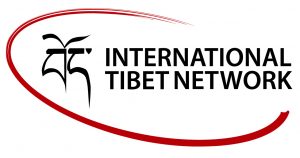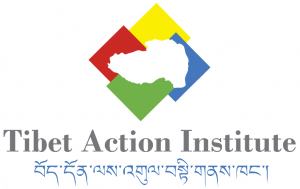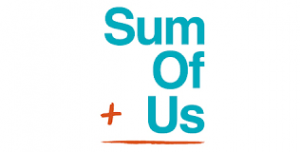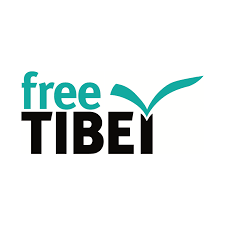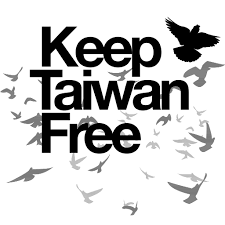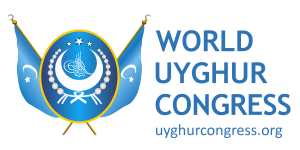Philip Schiller, Senior Vice President, Worldwide Marketing
Apple Inc.
1 Infinite Loop
Cupertino, CA 95014 USA
CC: Jane Horvath, Senior Director of Global Privacy
CC: Tim Cook, Chief Executive Officer
February 13, 2020
Dear Mr. Schiller,
We are a coalition of civil, political, human rights, freedom of expression, corporate accountability, privacy, and digital security organizations, many of whom are longtime Apple users. Together we represent communities in the US and abroad gravely impacted by Apple’s decisions with regard to the Chinese App Store and user information. We are writing to express our serious concerns over Apple’s confirmed removal of applications from the iOS App Store in China, including 1,000+ Virtual Private Networks (VPNs) and news apps like the New York Times and Quartz, as well as the transfer of Apple users’ iCloud data to a Chinese state-run telecom company. Many of our organizations have submitted letters1 to CEO Tim Cook raising these concerns and have yet to receive any response. Given that Apple’s removal of VPNs and news apps sets a blatant and unethical double standard for the Chinese App Store, we are now bringing our serious concerns directly to you, the head of the App Store.
While Apple has yet to make a clear and specific corporate commitment to freedom of expression, public comments by the leadership champion the company as a pioneer in the fight for privacy2 and a defender of freedom of expression3. However, Apple’s compliance with China’s censorship and surveillance demands puts the App Store’s actions in direct contradiction with the company’s declaration that “Privacy is a fundamental human right.”4 How can Apple make such a claim while at the same time ensuring that Apple customers in China do not enjoy this right online, putting them at greater risk of well-documented repression?
In reality, Apple’s actions demonstrate that privacy is only a right for certain people. Since Apple removed VPNs from the App Store, iOS users in China have been left unable to easily protect their internet communications from pervasive surveillance. Apple’s closed App Store ecosystem forces users who want to install banned applications to jailbreak their devices and give up the security measures that make Apple devices unique. Additionally, since relocating China’s Apple iCloud data to mainland China, Apple has further ensured that hundreds of millions of people are forced to choose between allowing their data to be obtained without effective due process, or forgoing the online storage and backup measures your company has diligently developed.
As you are undoubtedly aware, China’s censorship and surveillance efforts have a chilling effect on civil society, severely restricting and limiting the civil and political rights of those living under Chinese rule. This includes Tibetans and Uyghurs who are currently enduring systematic repression at the hands of the Chinese government, with more than a million Uyghurs known to be locked up in “re-education camps”5 and with Tibet ranked as the second least free place on Earth, just behind Syria.6
In addition, Apple’s global removal of HKmap.live was not only based on strongly disputed claims,7 but it helped put Hong Kongers in the middle of an escalating crackdown. Given Xi Jinping’s brutal government policies and surveillance infrastructure, earning him Freedom House’s designation as “the world’s worst abuser of internet freedom” for the fourth consecutive year,8 Apple’s compliance with China’s censorship demands is enabling ongoing crackdowns on freedom, not only in Tibet and East Turkestan but also in Hong Kong and mainland China itself.
In most parts of the world, Apple customers are provided with one of the most sophisticated communication technologies available, allowing users to make choices about their everyday security, including choosing a VPN that has been audited. Apple has courageously stood up against security services’ demands to provide backdoor access to iPhones outside China. Users of China’s App Store, though, are not afforded such basic privacy rights, in direct contradiction with Apple’s stated values.
Apple’s ongoing compliance with the Chinese government’s draconian measures to control online activity creates a scenario in which censorship and distorted information become more and more normalized, ultimately eroding democratic values and the free flow of ideas and information. Removing the Taiwanese flag emoji for iOS users in Hong Kong and Macau, in addition to mainland China, is just one such example. Apple’s app removals and the lack of transparency around their removal also serve to minimize the serious concerns of app developers and global citizens, including many at Apple, who believe in an open and equally accessible web for everyone.
Your website currently states that Apple designs products to protect an individual’s privacy and gives people control over their information, going on to say, “It’s not always easy. But that’s the kind of innovation we believe in.”9 We are calling on you, Mr. Schiller, as leader of the App Store, to champion these admirable statements and to be the innovator that people are counting on today. While it may not be easy, we sincerely urge you to stop allowing China to erode Apple’s public commitments and to live up to the brand that so many love and rely on.
Given your position as the head of the App Store and a leader in the Apple community, we ask that:
- You meet with us—frontline communities who are being impacted by the actions and policies of the App Store under your oversight—so we can discuss the concerns outlined above, including the removal of 1000+ VPNS from the Chinese App Store, as well as steps Apple can take to rectify the impact of the App Store’s actions on Tibetan, Uyghur, Hong Konger, and Chinese citizens; and
- if removing apps due to alleged violations of local law, that Apple: 1) pressure governments to be specific, transparent, and consistent in their requirements; 2) provide app developers and the general public with written documentation of the specific law violated; and 3) specify the authority calling for the app’s removal.
In addition, we refer you to the recommendations in Shareholder Proposal No. 610 for the upcoming Annual General Meeting. While shareholder reaction to the resolution is not in your direct control, we implore you to use your influence to secure the following steps in strengthening and implementing Apple’s commitment to freedom of expression and privacy, including that Apple report annually on:
- The company’s policies on freedom of expression and access to information, including whether it has publicly committed to respect freedom of expression as a human right;
- the oversight mechanisms for formulating and administering policies on freedom of expression and access to information; and
- a description of the actions Apple has taken in the past year in response to government or other third-party demands that were reasonably likely to limit free expression or access to information.
Again, we request a meeting with you to discuss the concerns outlined above and the impact of the App Store’s actions. Please contact Mandie McKeown at mandie@tibetnetwork.org to discuss arranging this meeting.
Yours Sincerely,
